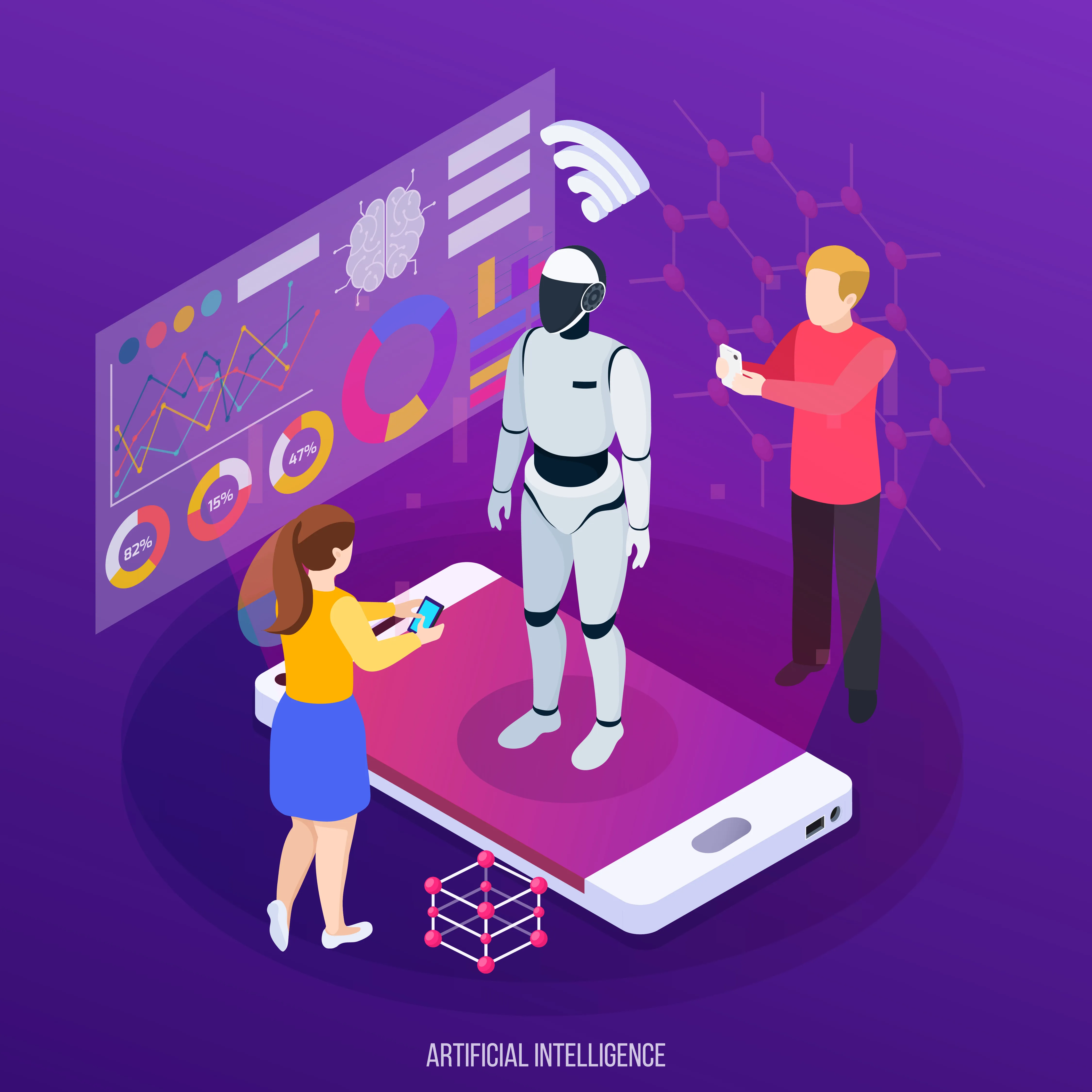The Rise of ChatGPT
Just a few months ago, ChatGPT was the hottest thing in tech. The revolutionary language model from OpenAI could answer questions, write essays, code programs, and even interact with users in amusing ways. People were stunned by its capabilities and companies scrambled to integrate it into their products and services.
But as incredible as ChatGPT was, it had some key limitations - most notably, persistent memory issues that caused it to contradict itself and hallucinate incorrect information, and its knowledge base only went up until 2021, leaving it oblivious to major current events like the Ukraine war or Elon Musk's Twitter takeover.
The Arrival of Claude
Then came Claude, the new AI model from Anthropic. With a knowledge base updated through August 2023 and the ability to follow context over multiple conversational turns, Claude quickly gained a large number of fans amazed at how intelligent it seemed compared to ChatGPT.
According to Anthropic, Claude 2 scored 76.5% in the Bar exam's multiple-choice section (GPT-3.5 achieved 50.3%)*
* https://originality.ai/blog/claude-ai-statistics
A Coding Powerhouse
Developers also boasted about Claude's coding abilities and capacity to understand and work with modern programming languages, frameworks, and tools.
Claude AI is more adept at coding than ChatGPT. On the Codex HumanEval, a Python coding test, Claude AI scored 71.2%, up from 56.0%. Since ChatGPT has any specialized coding or mathematical ability, it frequently fails to generate accurate or coherent results for these tasks. *
A True Multitasker
Beyond just being highly informed and capable, Claude also demonstrated remarkable versatility across disciplines. Writers and artists consulted Claude for creative advice, business analysts asked it to crunch data and spot trends, and scientists had Claude proof their methodologies and analyses. Claude seemed to thrive on any complex, open-ended task.
Unparalleled Knowledge and Context
Perhaps Claude's biggest superpower is its unmatched knowledge base and persistent memory to understand context. Different from ChatGPT which struggled to remember what was discussed even a few conversational turns earlier, Claude can flawlessly weave through multi-part questions, following up on specific details and building a deeper understanding over time.
Claude 2 outshines competitors, processing up to 100,000 tokens, a significant leap compared to Google Bard (4,000 tokens) and GPT-4 (32,000 tokens). This equates to approximately 75,000 words of content. *
https://alternatives.co/blog/claude-ai-statistics/
Ethical Concerns Remain
Of course, Claude isn't perfect - no AI is. It can still make mistakes or spout nonsense on occasion. And there are valid concerns about the ethics and potential negative impacts of such powerful AI systems in the wrong hands. Companies must be judicious in how they use Claude to prevent misuse or unintended harm.
But with its up-to-date knowledge, persistent long-term memory, versatility across disciplines, and respect for beneficial ethical constraints, Claude is quickly becoming the AI assistant everyone wants by their side. While ChatGPT will go down in history for kicking off the AI craze, Claude's rapid rise showed just how fast this field is progressing and evolving.
For now, Claude reigns as the leader in artificial intelligence. But such is the blistering pace of innovation that this AI's time at the top could be fleeting. Who knows what mind-blowing breakthrough lies just around the corner?
%201.svg)


.webp)

